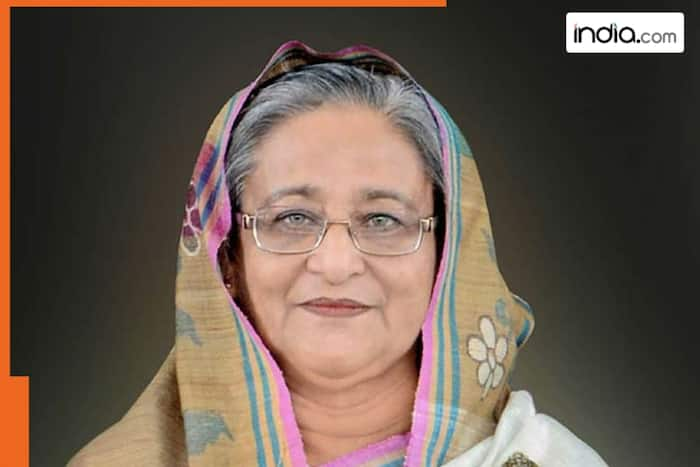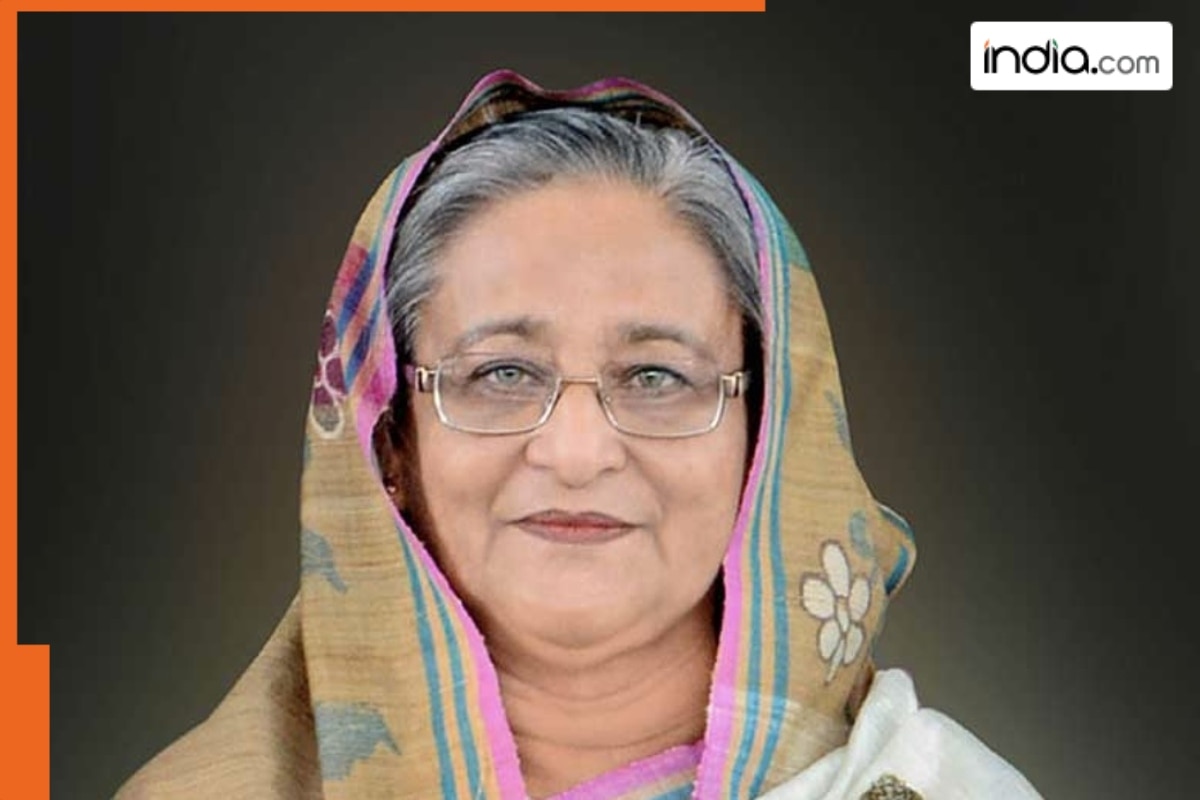There has been a suspense on her whereabouts.

New Delhi: Former Bangladesh prime minister Sheikh Hasina fled her country on August 5 this year and landed in India amidst huge protests and violence that spread across the nation.
Since then there has been a suspense on her whereabouts and asylum status.
Meanwhile, it has been reported that Sheikh Hasina has been living in a “safe house” in New Delhi’s Lutyens’ Bungalow Zone under an arrangement made for her by the Government of India. This information was shared by ThePrint at October end, almost a month ago.
Their reports say that the “safe house” is a full-sized Lutyens’ bungalow “suited to the status” of the 77-year-old ex-premier. It is the same type of bungalow that is allotted to ministers, senior Members of Parliament (MPs), and top officials.
Hasina occasionally takes walks at the Lodhi Garden with appropriate security measures in place, added the report citing unnamed sources while one source confirmed that Hasina “has a strong security detail” like plain-clothes personnel guarding her “around the clock”. The source claimed that she is receiving this level of protection “as a dignitary”, as reported by the portal.
Sheikh Hasina had left Dhaka in a military chopper amid nationwide violence and fled to India where she landed at Ghaziabad’s Hindon air base in the Delhi-NCR region. She was granted an interim stay by the Indian government.
However, according to the report, Hasina left Hindon airbase within two days and was relocated to a house in the high-security Delhi Lutyens area.
There has been no formal statement on her status, however, External Affairs Minister S Jaishankar told Parliament in August that she had sought permission to come to India “for the moment”.
This has led to a diplomatic tussle between India and Bangladesh as there have been calls for her extradition as Dhaka has revoked Hasina’s diplomatic passport.
Bangladesh’s International Crimes Tribunal (ICT) had issued arrest warrants for Hasina and 45 others in mid-October and directed Bangladeshi authorities to arrest all 46 individuals and present them before the court by November 18.
Notably, India and Bangladesh have a bilateral extradition treaty that could make way for Hasina’s return to face a criminal trial.
The India-Bangladesh bilateral extradition treaty has a clause that allows for refusal of extradition if the offence is of a “political character”.

